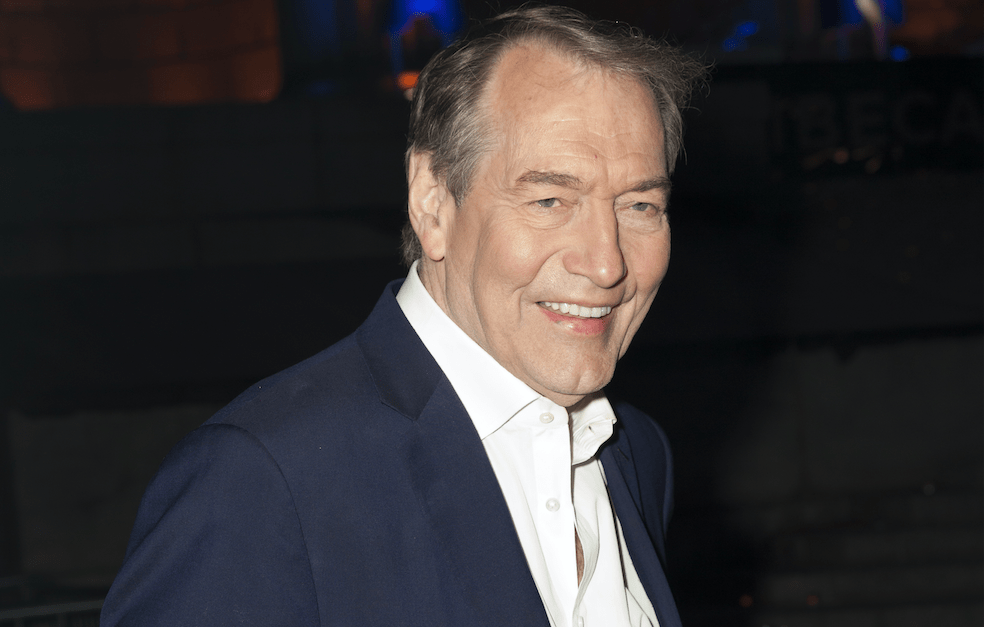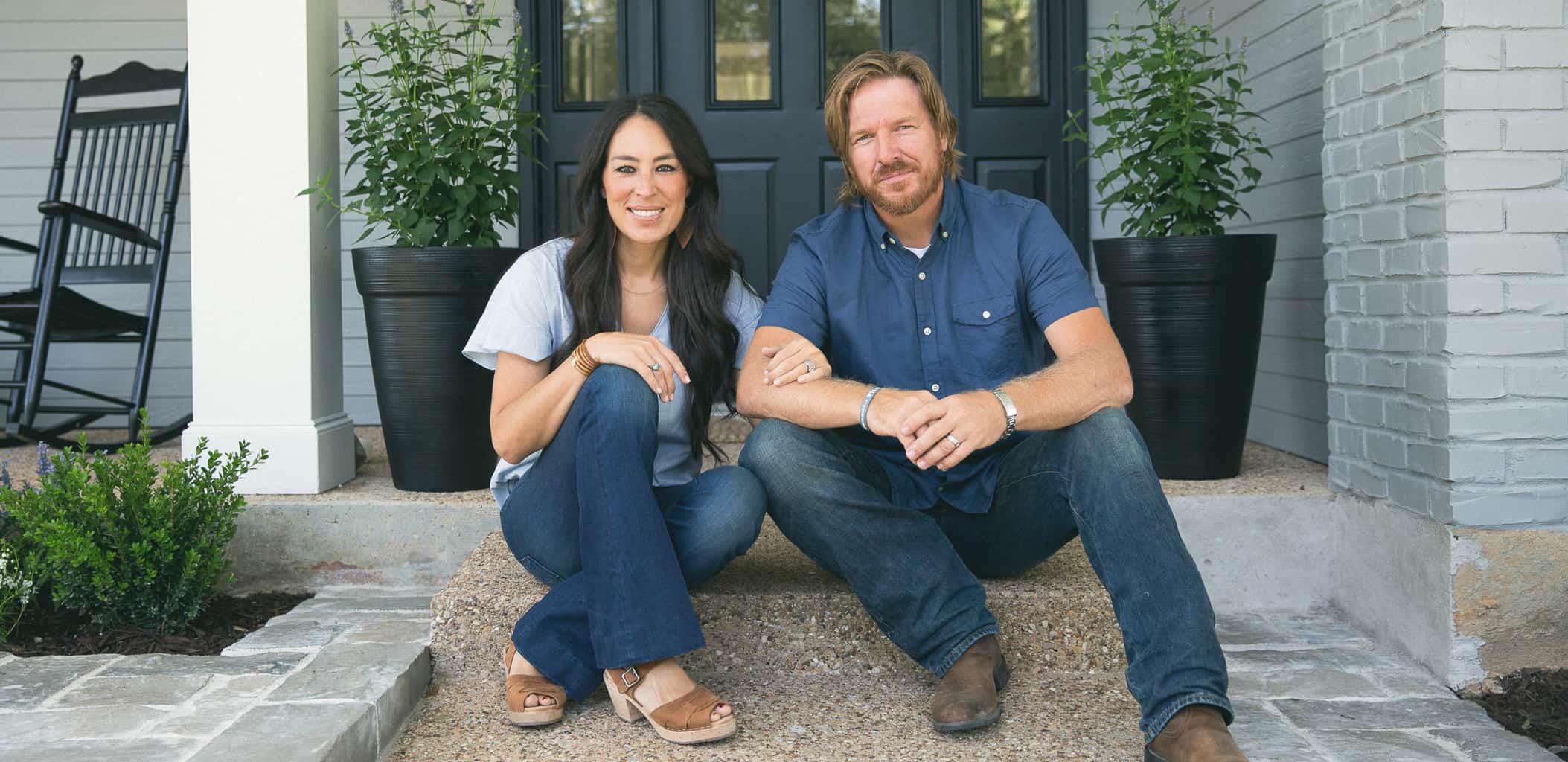
In March, President Trump issued a budget that recommended a 32 percent cut to foreign assistance. Faith-based organizations across the nation fought back and notable leaders in the nonprofit world—including those from Hope Through Healing Hands, the organization I work for—wrote and signed letters to Congress. They argued against cuts to a program that provides health care, food, emergency relief, clean water and education to the most vulnerable populations on the planet.
Although Congress largely ignored the president’s recommendation—recent news indicates that cuts to the International Affairs account may be somewhere between 2 and 9 percent—nonetheless, more perennial questions persist:
How do we, as the Church, weigh in on decisions like these, which have not only national security and economic ramifications but also moral implications? How do we consider the connection between the life of faith and the pursuit of justice? And how do we activate evangelicals across the nation to take a stand on domestic and foreign affairs that affect real people?
Perhaps surprisingly, we might find the answer in prayer.
Prayer gives us a way to reset and renew the mind, a way toward repentance, listening and transformation. Prayer might sometimes seem like a passive, inert process—the antithesis of action—I would argue that in fact it provides a powerful pathway to action and advocacy.
Prayer is an act of listening.
Karl Barth, the great Swiss Reformed theologian, argues that when you pray, you don’t ask God for things; you pray to listen. As you “clasp the hands in prayer” in this act of listening, he says, you mark “the beginning of an uprising against the disorder of the world.”
For those of us who yearn for justice in the world, we begin here: counting our breaths. Meditating on faith, hope and love. Listening to the voice of God. Zen Master Thich Nhat Hanh talks about contemplative prayer or meditation as entering the kingdom of God. I interpret that in terms of the Lord’s Prayer: “Thy kingdom come, thy will be done, on earth as it is in heaven.”
“God speaks to us,” says Eugene Peterson, author of The Message. “Our answers are our prayers.” Peterson understands prayer as an offering of our soul. He translates the famous verse in Matthew 22 as a command to “Love the Lord your God with all your passion and prayer and intelligence” and “Love others as well as you love yourself.”
For global health issues, considering the other is of utmost importance, and we do this first through listening prayer.
Prayer is an act of transformation and empathy.
According to C.S. Lewis, “Prayer doesn’t change God; it changes me.” While we may have known that intuitively across the centuries, we now have science to back it up. Recent research suggests that meditation increases activity in the brain regions used for paying attention and making decisions. Part of that “paying attention” helps us to see others rather than ourselves.
The psychoanalyst Heinz Kohut believes that we manifest a mature form of loving self when we exhibit empathy for others. Kohut defines empathy in part as “vicarious introspection,” which is simply the ability to step inside someone else’s perspective to try and see life from an alternative angle.
As believers, we practice this when we pray intercessory prayers on behalf of others. Prayer helps us to empathetically direct ourselves outward toward the needs of others—whether they live in Nashville or Namibia—and toward a sovereign God who can meet those needs.
Prayer is an act of advocacy.
One of my heroes, Congressman John Lewis, recently quoted an African proverb that says, “When you pray, move your feet.” Rabbi Abraham Joshua Heschel, the renowned philosopher, theologian and civil rights activist, also talked about marching in the South with Martin Luther King Jr. and others as “praying with my feet.”
As Christians, we believe the Church is the Body of Christ. We are its hands and feet. We are also the eyes and mouth. Prayer is a way of living out the kingdom of God “on earth as it is in heaven.” It inclines our minds and our communities toward peace, and it also answers the call of Scripture to care for the poor, the widow, the orphan and the refugee.
As faith communities that care (or ought to care) about what is happening in the world, prayer is a bold and central part of our pursuit of justice. As we “pray with our feet,” with empathy and wisdom, we advance hope, healing and peacemaking for ourselves and the Church, and we also advance the health and well-being of millions of people around the world.
With God’s help, may it be so.






















